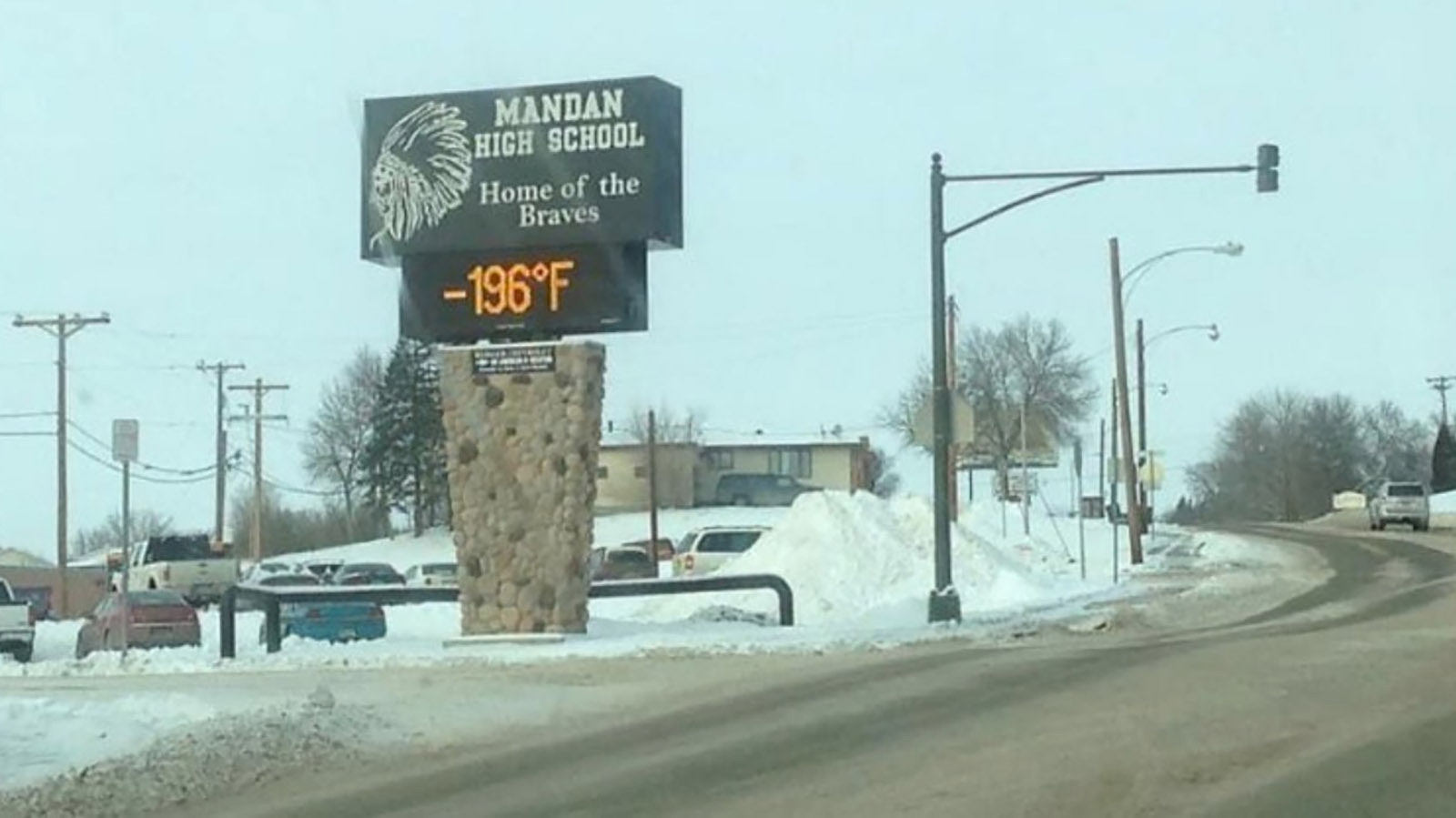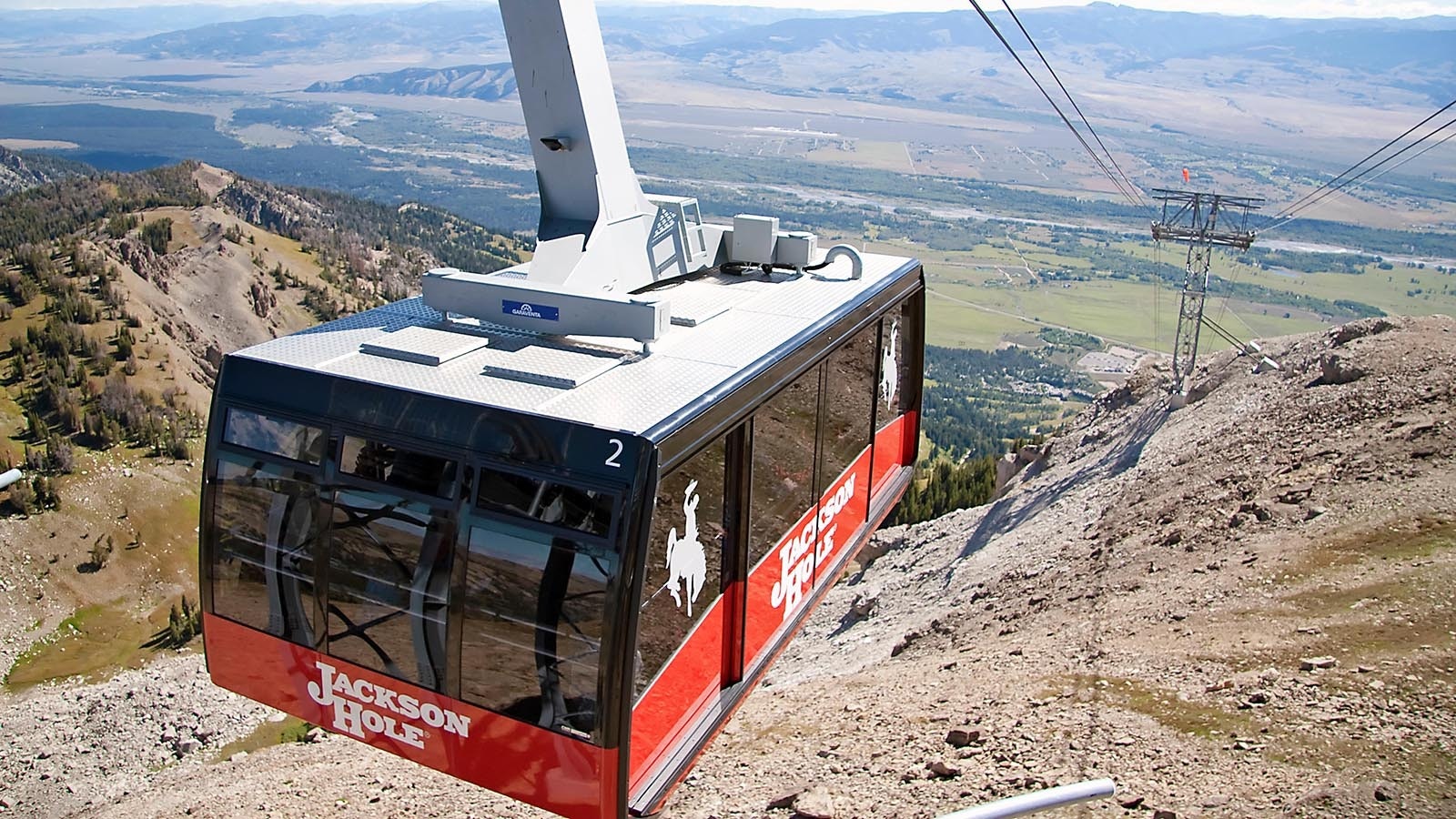There’s no doubt that Wyoming the January cold and signature Wyoming winds make winter in the Cowboy State downright frigid.
But that might just work in our favor, according to a recent study that says the “refrigerator effect” might help to slow the aging process, while also killing off dangerous insects and bacteria that may otherwise survive in warmer climates.
Dr. Laura Archuleta is a family physician at CHI St Alexius Health in Mandan, North Dakota, who has followed research that poses the theory that people who live in colder climates may live longer.
Dr. Archuleta, who was raised in Douglas, Wyoming, works primarily with geriatrics, so this type of research is of interest, especially given her residency in one of the coldest states in the United States – except for last month, when Wyoming was hit with an especially severe Arctic blast.
“My sister-in-law sent me a snap of her windshield, and it was minus 32,” said Archuleta, who still has family in Wyoming. “I was all excited because we were actually at 6 above that day, so we were 30 degrees warmer than you.”

More Than Two Years Longer
In research compiled as recently as two years ago, it was determined that people living in cooler regions of the world may live an average of 2.2163 years longer than those who don’t.
That takes into consideration factors such as gender, ethnicity, pollution, climate change, literacy rate, health care access and income level, along with lifestyle choices such as exercise, alcohol, smoking and diet.
Archuleta said that cold temperatures encourage cell growth, which is essential for longevity.
“The study talks about the (cold’s) effect on mitochondria, and we know that mitochondria are what drives cell growth,” she said. “The human body is constantly in a state of renewal, where cells are dying and reproducing.
“And so the theory makes sense, that having more robust mitochondria is going to drive better cell growth, which is going to help with healing processes.”
Other Benefits Of Living In a Colder Climate
Colder weather can keep us looking younger as well, according to some experts.
Cold weather can act as a tonic or astringent, reducing acne and keeping pores less visible. It can improve sleep, as nighttime temperatures that are too high can cause people to toss and turn rather than mimicking the body’s natural drop in internal temperature while we sleep. Cold weather also can reduce inflammation, acting like a natural ice pack.
On the other hand, exposure to heat can destroy collagen and elastin fibers in the skin, causing it to become thinner and weaker, which can lead to premature wrinkling.
Additionally, while you might be more likely to catch a cold, you’re safe from any insect-born diseases that are more prevalent in warmer climates.
Zika and malaria are nonexistent in cooler places like Wyoming, and West Nile isn’t an issue in the colder months.
Not Everyone Agrees
Not all experts agree that living in colder climates could contribute to a longer life.
Data from the Centers for Disease Control and Prevention consistently shows that excessive cold presents a greater threat to life than excessive heat.
Dr. Archuleta pointed out that living in cold climates can reduce the amount of sunlight a person receives, which means lower amounts of Vitamin D – a nutrient essential for strengthening the immune system, lowering blood pressure and reducing the risk of heart disease, among other benefits.
She said that when her family moved to North Dakota, the reduced amount of sunlight was hard to get used to.
“As a Wyoming girl, that was really tough to get used to, because I would say the sun sets probably a good hour earlier in the evenings during the winter in North Dakota, compared to where it does in Wyoming,” said Archuleta, who pointed out that is showing that Vitamin D has a much greater impact on bone health and overall wellness than previously research thought.
“And it’s not just the length of sunlight, it’s your distance from the equator,” she added, explaining that at higher latitudes, sunlight is less direct, “which means we don’t absorb as much of the UV rays – so we do definitely have lower vitamin D levels.”
Data Is Inconclusive
While the study itself is interesting, Dr. Archuleta said people in colder climates living longer is not a theory that’s been adopted by the medical community as a whole.
“I don’t know that it’s anything set in stone,” she said. “It’s kind of a fun theory, and I think it’ll be interesting to see where it goes.”





